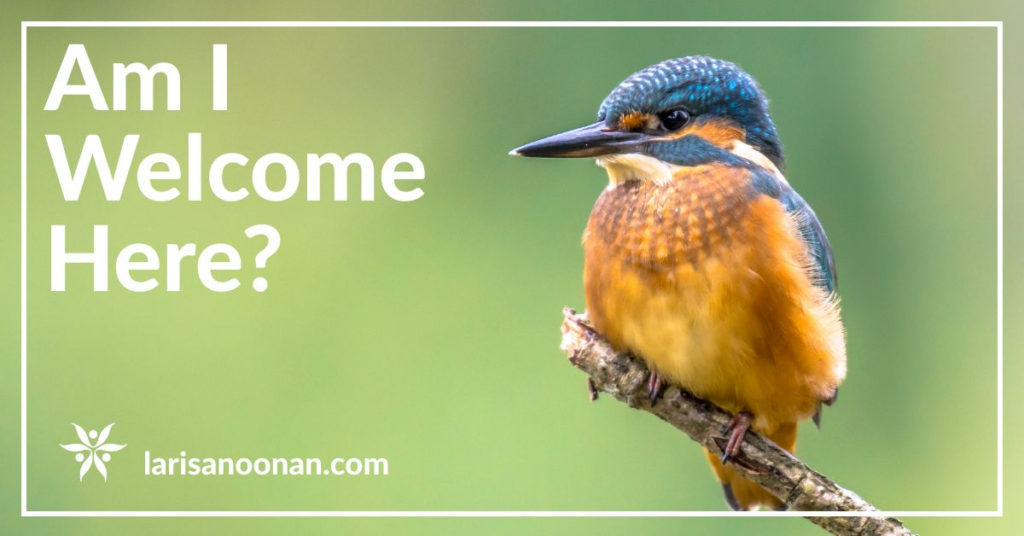
Today I want to address a frequently asked question about the work I do with witchy healers from a fundamentalist background. That question takes some form of:
I’m really drawn to your work and yet, I didn’t grow up in a Christian home. Am I still welcome?
The short answer is: Probably.
The longer answer: In truth, even if you didn’t grow up in a fundamentalist Christian home but you did grow up in a first-world country, it is likely that the culture you are embedded within is fundamentalist at root.
Christianity is such a foundational part of colonization that even if people aren’t believers, it is still in their field.
–Pat McCabe, Standing Woman Shining
Keep in mind as well that fundamentalism can take many forms other than religious. You might notice impactful people in your life (family members, yourself at different points of your life, friends, colleagues) holding views about diet, politics, medicine, science, etc etc that are fundamentalist at heart. For instance, ‘being vegan is the only ethical way to eat and if you eat animals you are heartless, immoral, evil.’
Fundamentalists come in many different flavors… from pro-life to pro-choice, from pro-vaccines to pro-immunity, from liberal to conservative, from atheist to Christian… the list goes on and on.
My entry into this work is through my fundamentalist Christian upbringing.
Your entry point could be different. For instance, some of the witchy healers in the Witchy Healer Wisdom School grew up in atheist homes; some in homes where science was valued above all else; others, like me, did grow up in some form of a religion-centered fundamentalist home.
And yet still others can’t really trace their interest in this work to their upbringing at all. Instead, they notice the pattern of fundamentalism at play in the world around them (and in themselves) and desire deeper healing and wholeness.
Essentially, fundamentalism is a play whenever there is a point of view that says ‘I am right/this perspective is right and you are wrong/that perspective is wrong’.
To further illustrate this point, here is a word map of many of the places fundamentalism can be found. This list was compiled from the responses to the question ‘where do you notice fundamentalism?’ during a recent live talk.
Where do you notice fundamentalism?
It IS important to know what you believe or what is right for you.
Knowing what you believe and what is right for you is deeply important. Through doing the work of dismantling fundamentalism within yourself and your lineages, you will be able to stand even more powerfully FOR what you believe.
Fundamentalism enters the picture when we judge others or make them wrong or bad (or other, or dangerous) if they hold different beliefs than ours.
Can you imagine a world where:
- it is ok to have differing beliefs?
- you can hold one belief and not be judged as evil or wrong by someone who holds an opposing view?
- you can hold one belief and not judge another as evil or wrong for seeing things differently?
In short, if you notice themes of rigidity of beliefs, binary thinking (good-bad; right-wrong, etc) and tendencies towards judgement/punishment in your family, community, and in yourself that you are willing to examine and uproot, you are likely a good fit for my work even if you didn’t grow up specifically in a Christian fundamentalist home.
So… that’s the long way of saying, yes, if you are drawn to my work even though you didn’t grow up in a Christian fundamentalist home, you are welcome here. 🙂
To learn more:
To learn more about how I view the pattern of fundamentalism, the role our ancestors play in it all, and steps towards healing, I invite you to take the What Stops You? assessment.
When you register you will gain access to an assessment which will illuminate where the pattern of fundamentalism lives in you AND you will receive my Healing Fundamentalism ebook.
Register here: What Stops You?
Leave a Reply